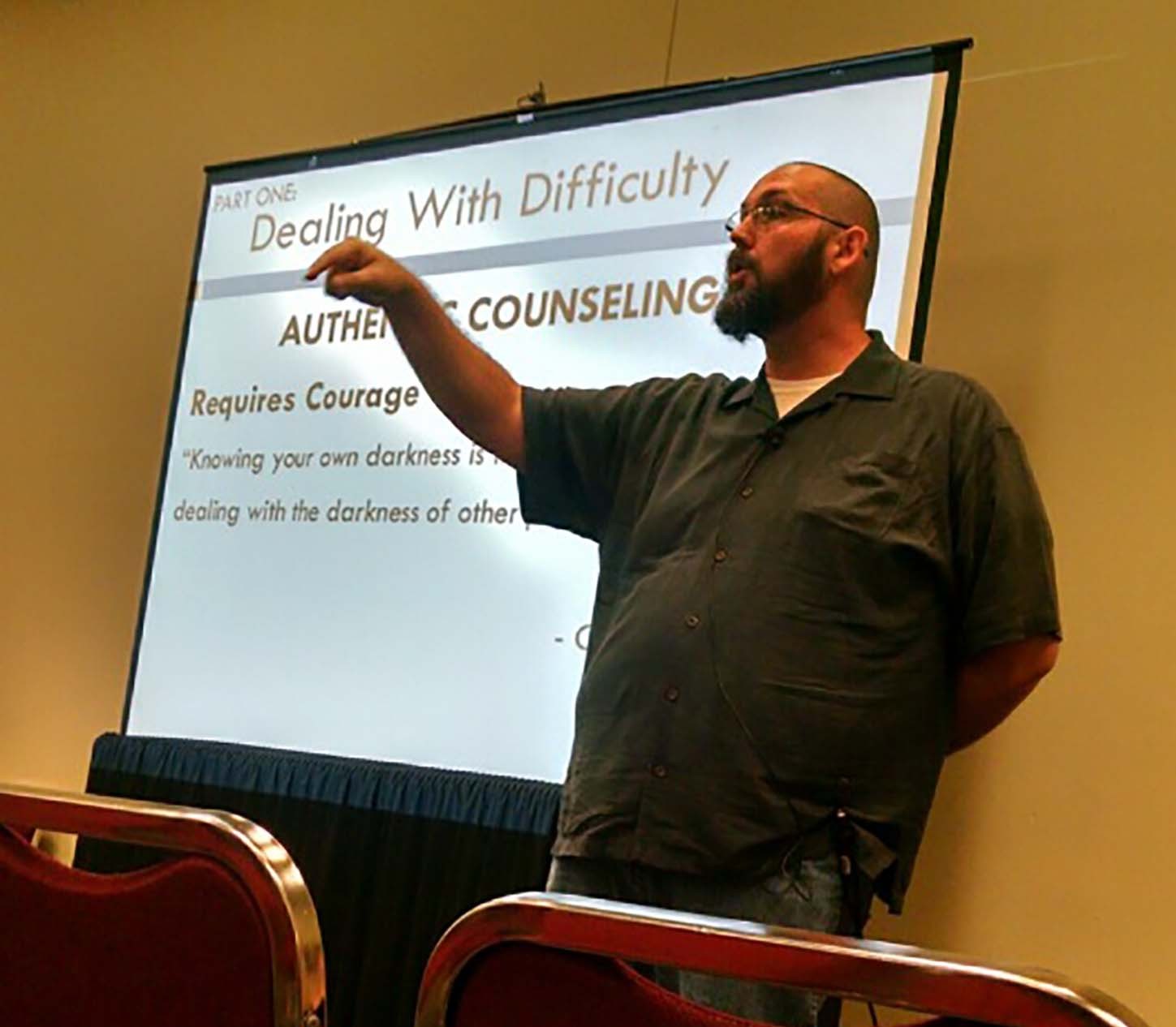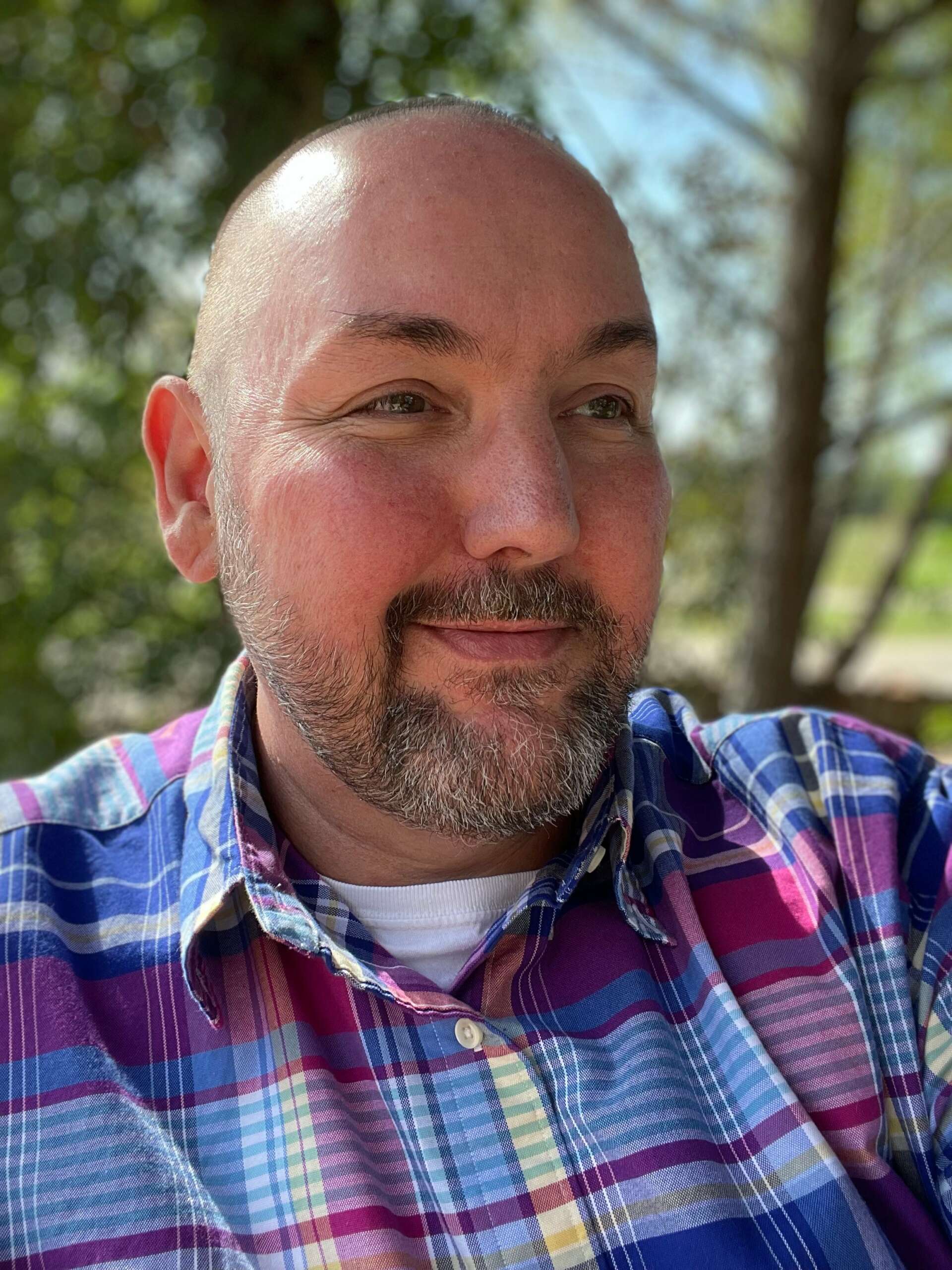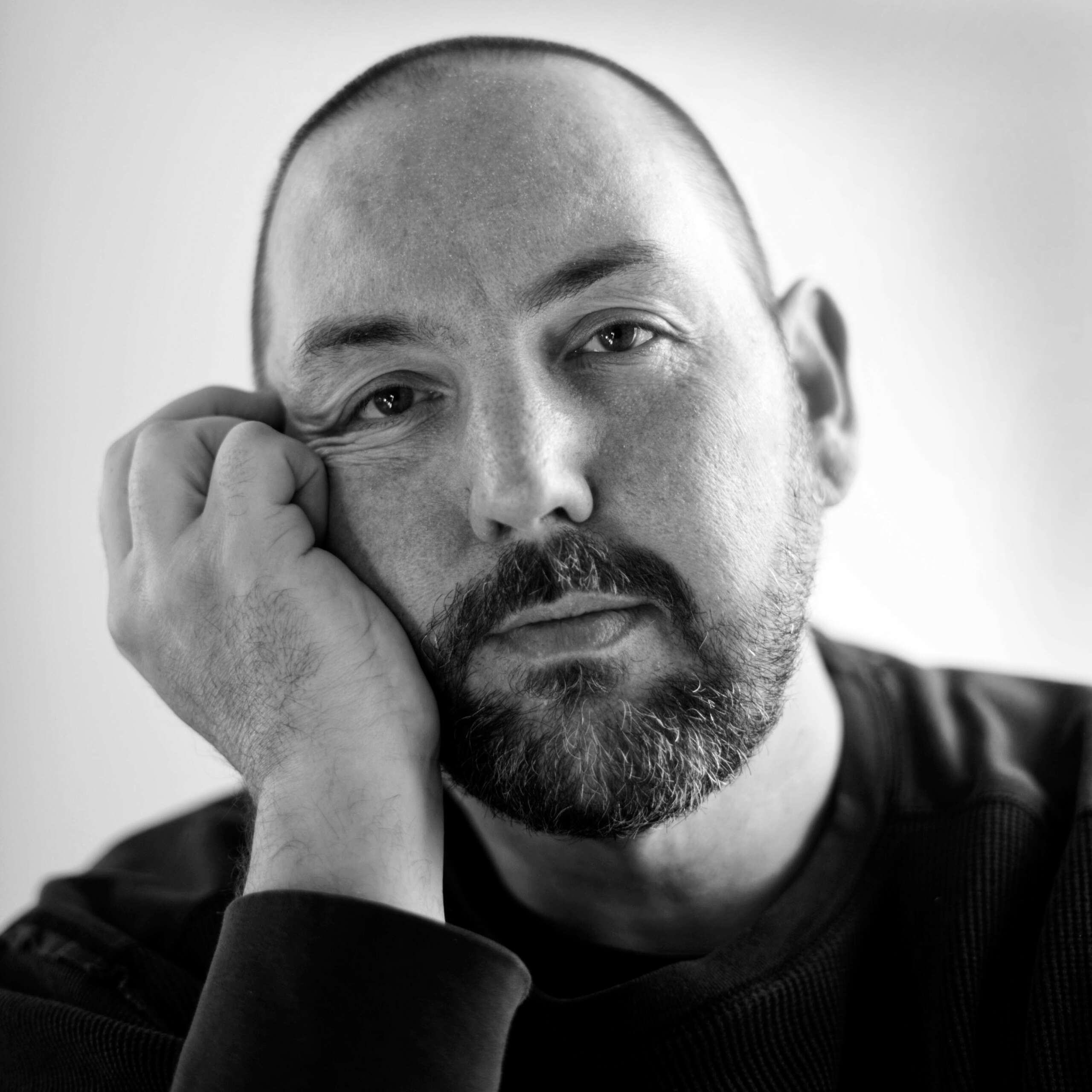We caught up with the brilliant and insightful Dave Waxler a few weeks ago and have shared our conversation below.
Dave, thanks for taking the time to share your stories with us today We’d love to hear the backstory behind a risk you’ve taken – whether big or small, walk us through what it was like and how it ultimately turned out.
“A single conversation can change a life.”
I was surprised to discover that the work of a therapist is so deeply involved with taking risks. Over the past twenty years I have had the privilege to meet thousands of individuals seeking support and insight. Sometimes our conversations are lighthearted and warm. Other times they become uncomfortable, even painful, exposing hidden fears, shame, and despair.
Being an effective therapist requires a willingness to role model the vulnerability needed for therapy to work. The first challenge is overcoming the perceived inequality between a therapist and a patient. Many people want to believe their therapist has all the answers and knows how to fix them immediately. This is not true.
I mean, I know what I’m doing. I have the training and experience and a lot of people tell me they have benefitted from our work. But during a session, while I am outwardly portraying confidence, I am internally managing my own insecurities. Who do I think I am pretending to be a wise old man for this trusting soul? What if I’m wrong? What if I make it worse? The imposter syndrome lingers in the background. My ego starts to cringe.
But that’s when things start to get interesting. These doubts make me fully aware of the risk and responsibility I am taking. I am making a choice to authentically honor the needs of this other human. I am claiming this moment on their behalf and striving to plant the seed of change. If I am going to be any good for them I have to take a chance. And when I do I can feel the energy shift.
Sometimes I ask an unexpected question. What if you just allowed people to be angry with you? Who would you need to be so you don’t want to die? When was the last time you felt like a child? All of a sudden they suspend their familiar logic and think brand new things.
When needed I provide a bit of self-disclosure. Yes I do understand what it feels like to be plagued by depression. I have been there myself. You are not alone in your suffering. Let me help you turn it into a source of meaning and purpose.
There is a time for humor. Learning to laugh in the face of pain can be profoundly healing. Life is too important to be taken seriously. Humor like music has a way of speaking to the soul in mysterious ways.
All of these strategies involve a certain amount of risk. But the secret is this danger can feel safe within the boundaries of therapy. If there is enough trust we can both benefit from the experience. At that point it is impossible to stay the same. Even if the impact is too subtle to notice right away, it can resonate for years to come.

Dave, before we move on to more of these sorts of questions, can you take some time to bring our readers up to speed on you and what you do?
In school I often got into trouble for talking too much. Now I get paid to talk all day.
Session after session I am honored to join with each of my clients as they tell me about their lives and take brave steps toward healing. A lot of times it sounds like we are just having a simple conversation. I call it banter, We follow whatever topics they want to bring up. What they don’t know is that I am listening with a skillful ear.
I pledged to myself from the beginning to make sure I never take my position for granted. The primary benefit of counseling of course is the relationship. I provide authentic acceptance and innovative strategies to address their concerns. I prefer a collaborative approach that prioritizes equality. We are in this together. We are both learning the whole time.
As a result I have gained a multitude of insights into the underlying themes that my clients bring to the table. I am not only a therapist, but a student, wildly curious about what it’s like to be a human. This has lead to a deep exploration of psychology, philosophy, history, culture, neurology, economics, anthropology, and comedy.
After a few years I found myself teaching the same ideas over and over again to my clients. I was looking for a way to clearly communicate the concepts and skills that have helped many others. By writing a book I challenged myself to truly understand my own thoughts so I can be a more effective educator and guide.
In my first book, Clear & Present; A Practical Guide To Authenticity, I described the importance of clarifying your values in pursuit of a more satisfying life. It was designed to be a supplement to therapy for my own clients and anyone else seeking greater confidence.
My second book, How To Exist, A Practical Guide To Being Human, offers an unconventional examination of the human experience. Using the foundation of existentialism I encourage you to see the difficulties of life as a feature rather than a flaw. All of those pesky discomforts can have meaning especially when you choose to join the universe in a monumental game.
At the end of the day I just want to talk. Engaging in social media has escaped me, so I’m still looking for a way to find people who want to hear what I have to say. I’m thinking about a podcast or some sort of media content. If you have some ideas I welcome your input.
It also turns out I’m pretty good at working a room, so If you would like a really interesting training or inspiring presentation I would be thrilled to come and speak. Both of books are available on Amazon in paperback and Kindle, so if you happen to read one of my them and you have any questions just reach out.

How about pivoting – can you share the story of a time you’ve had to pivot?
From the beginning I was enthralled with the world of non-profit work. To this day I still treasure the time I spent building an organization that offered no-cost counseling to at-risk youth. The difficult lessons I learned there, and the genuine goodness of the people I worked with, remain an essential part of my personality and character,
Admittedly I was conflicted about charging for counseling. For the first few years I had never received a penny from any of my clients. Although many of my colleagues were in private practice, I still believed charging a fee for my work somehow made it less admirable. Looking back I realize that was arrogance, but I used it to justify staying in a familiar comfort zone.
As situations changed the comfort zone evaporated and I was forced to be responsible for my own future. I can still remember the first time I accepted money for a session. The responsibility felt immense. Going forward I committed to be worthy of this privilege and trust.
Learning to see my own value also meant learning to invest in my own integrity. As a result I have discovered unexpected freedom and satisfaction I had not previously allowed myself to claim. I still feel incredible humility with every opportunity to pursue this career.

Putting training and knowledge aside, what else do you think really matters in terms of succeeding in your field?
It may seem obvious that a vital trait for a therapist is compassion. It may also be surprising how totally difficult that can be. The truth is it takes a certain amount of skill cultivated over time to practice genuine compassion in your work.
There is a saying in this field that you get the clients you deserve. Meeting with someone who pushes your buttons takes a fair amount of self awareness to recognize the projections you are feeling. Of course there are limits. It’s quite possible that you are simply not qualified to help someone with a particular set of challenges. But for me, bowing out to avoid my own discomfort is a missed opportunity.
Being compassionate requires suffering. It’s part of the word. Compassion literally means suffering with someone. Whatever is bugging you about someone else is a result of their unfinished work, as well as your own. Maybe they remind you of someone you don’t want to be, or someone you are afraid you already are. Your anger towards them is really an expression of your vulnerability. Maybe what you are feeling instead is helpless. That is where compassion begins.
Being with your own vulnerability allows you to authentically understand their situation. That person in front of you is also helpless and you are the person the universe has picked to be with them as they find their way towards insight and peace. Skillful compassion is forged in the decision to be courageous when your client is unable. That for me is the greatest success.

Contact Info:
- Website: www.newclaritycounseling.com
- Other: [email protected] 832-510-0488


